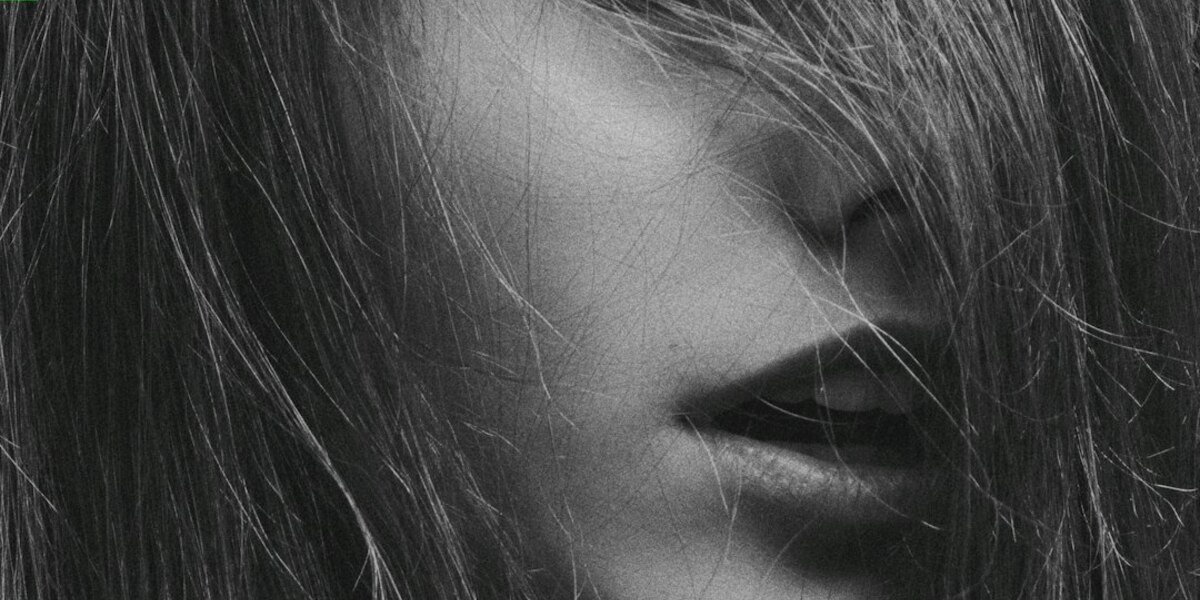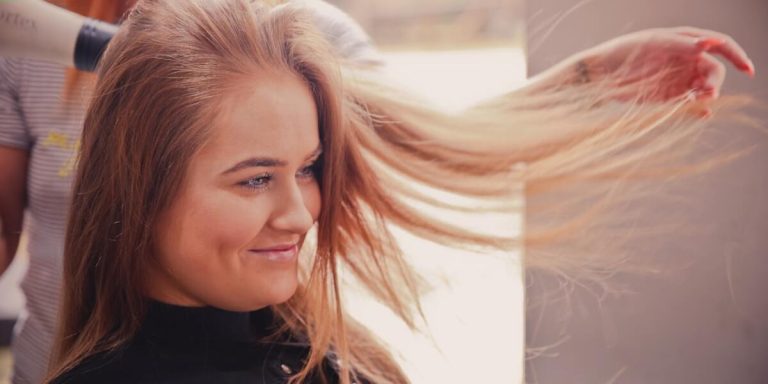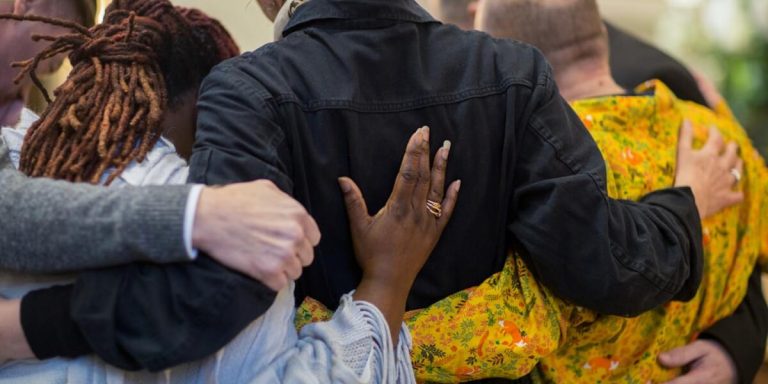Does Drinking Cause Hair Loss: An Insightful Analysis into Alcohol and Hair Health.
In a world obsessed with appearances and personal wellbeing, the question “does drinking cause hair loss” is increasingly heard in health forums. As people struggle to maintain their youth and vibrancy, understanding the impact of regular habits like alcohol consumption on hair health has become vital.
Alcohol’s potential role in promoting or exacerbating hair loss isn’t as clear-cut as one might think. In this blog post, we will delve into scientific studies that have explored this complex connection between alcoholic beverages and your luscious locks. We aim to investigate if there is indeed truth behind concerns about alcohol-induced baldness.
Did you know?
Contrary to common belief, excessive alcohol consumption can indeed lead to hair loss. Alcohol dehydrates the body and hair roots, hindering nutrient absorption crucial for healthy hair growth.
Understanding the Link Between Alcohol Consumption and Hair Loss
The consumption of alcohol has been linked to a myriad of health-related issues. Recent studies indicate that hair loss might be one of them, providing another compelling reason for adopting healthier lifestyle choices. Alcohol adversely affects our body’s system and mechanisms, including the circulation in your scalp.
When we consume alcohol excessively, it impacts our bodily processes negatively – particularly those related to growth and repair. Hair cells are among the fastest growing cells within our bodies; hence they can potentially become the first victims when things go amiss metabolically due to excessive drinking habits.
Moreover, heavy drinkers could also suffer from certain nutritional deficiencies as their nutrient absorption is hindered by their high intake levels or lack thereof nutritionally balanced diet components—factors which play crucial roles towards maintaining healthy tresses naturally. Therefore linking back this scenario with ‘does drinking cause hair loss’, yes on some level depending upon an individual’s consumption patterns – chronic drinker being at higher risk comparatively.
While moderate drinking may not lead directly towards losing your precious locks over time but remember excessive ingestion would surely catalyze inevitable repercussions sooner than expected in 2023! So if you value your mane just as much as enjoying social drinks occasionally then considering moderation instead should suffice saving both aspects effectively without having regret it later!
Examining the Impact of Alcohol on Hair Follicle Health
Alcohol, consumed in moderation or excessively, has numerous effects on the body. One aspect that isn’t often discussed is its impact on hair follicle health – a crucial factor when exploring hair loss causes.
To understand how alcohol consumption can relate to hair loss, it’s essential first to apprehend some basics about our bodies and their mechanisms. Our system prioritizes essential bodily functions over those deemed less critical – such as growing new strands of hair. Now let’s consider where exactly does drinking cause hair loss fit into this biological hierarchy?
When we consume alcohol, our liver works overtime trying to rid the body of these toxins while also maintaining necessary operations like metabolizing proteins required for healthy tresses growth. This creates competition between toxin elimination and vital nutrient absorption which may tip balance against your crowning glory.
Additionally, consistent intake of booze leads to dehydration; an infamous adversary by all standards for circulatory health–the very network responsible for delivering nutrients & oxygen needed by your roots! Consequently due lack hydration (aka poor circulation), key nourishing elements don’t reach follicles fostering conditions conducive balding!
Identifying Nutritional Deficits from Excessive Drinking That Lead to Thinning Hair
Drinking excessively, while it may seem like an entertaining pastime for some or a way to let off steam after knee-deep days of work stress, can lead to detrimental health effects. One surprising consequence is its impact on hair health. The query that often hovers in minds – “does drinking cause hair loss?” Let’s delve deeper into this.
Excessive alcohol consumption often leads to nutritional deficits which are key factors contributing towards thinning and shedding of your precious locks. Nutrition plays a crucial role as our system requires several vitamins and minerals along with proteins for optimal growth of strands.
Firstly, heavy drinking affects protein levels in the body. Proteins such as keratin constitute primarily the structure of every strand on our scalp; thus deficiency could directly affect their strength leading to loss.
Furthermore, considering zinc consumptions – substance associated closely towards not only maintenance but also regrowth aspects pertaining one’s crowning glory too gets affected due reduction triggered by immoderate liquor intake.
Dehydration caused by excessive indulgence poses another risk factor here. Dehydrated bodies mean under-nourished roots which increase fragility causing frequent breakages eventually displaying signs alike thinning up top portion over time.
Evaluating Lifestyle Factors: Does Drinking Cause Hair Loss?
Understanding the link between alcohol consumption and hair loss is not only essential for maintaining optimal health but also integral to preserving your crowning glory. Recent studies have indicated a potential correlation, worth considering if you’re experiencing unexplained hair thinning or balding.
Excessive intake of alcoholic beverages can lead to numerous negative health effects that might indirectly contribute towards poor scalp and hair health. Alcohol is known to dehydrate the body, and this includes your scalp too which needs adequate hydration for healthy growth of follicles. Moreover, heavy drinking affects liver function over time, inhibiting its capacity to break down crucial nutrients required by our bodies including those necessary for robust hair growth.
In addition, alcohol abuse may cause an imbalance in one’s hormonal levels – particularly estrogen in women and testosterone in men – both vital hormones responsible for nourishing and encouraging natural regrowth cycles of head-hair follicles. Henceforth cessation from excessive consumption could potentially thwart further onset alopecia while aiding recovery with appropriate lifestyle modifications suggested by healthcare professionals.
Deciphering whether drinking directly causes hair loss remains challenging due to individual genetics playing a leading role alongside other environmental factors yet adopting balanced habits contributes generously toward overall wellness meanwhile boosting chances at maintaining luscious locks worthy adoration in 2023!
Assessing How Chronic Dehydration Affects Scalp and Hair Condition
Chronic dehydration is one of the lifestyle factors that needs critical assessment when exploring hair loss causes. Why so? Let’s dive into how this condition may be causing havoc on your scalp and triggering unusual shedding.
Here lies why “does drinking cause hair loss” becomes a relevant point in our discussion about hair health.
Hair follicles are mostly composed of water. If we don’t drink enough fluids daily or only rely heavily on diuretics like alcohol – which promotes fluid expulsion from the body – we risk dehydrating ourselves over time which can directly impact our scalps.
Dehydration results in dryness across several areas including skin and importantly here; the scalp too! A healthy, well-hydrated scalp plays host to strong roots but with inadequate supply due to under-consumption or higher expulsion (via activities such as excessive sweating), these same roots become weak leading towards potential breakage and fall-out.
Moreover, being deficient in essential nutrients also poses risks since many minerals play crucial roles pertaining both growth phase sustenance and prevention against premature ageing/fallout process within hairs’ life cycle itself!
Analyzing the Role of Liver Function in Maintaining Healthy Hair Growth
Alcohol negatively impacts the health of your liver by damaging its cells over time (a condition known as alcoholic hepatitis). This damage impedes the normal operation of those cells which inevitably affects essential functions like nutrient absorption.
This brings us to vitamins- key players in maintaining healthy hair growth. Vitamin A stimulates sebum production keeping your scalp moisturized while B Vitamins help create red blood cells that carry oxygen and nutrients to not just tissues throughout the body but also follicles on scalp promoting their functionality.
So how does this relate back to our main talking point – “Does Drinking Cause Hair Loss?” Well, if you consume copious amounts of alcohol regularly it may harmfully impact vitamin absorption capability within gut due-to compromised state-of-your-liver leading directly or indirectly towards unhealthy dry scalps or weaker precious strands.
The Science Behind Alcohol-Induced Alopecia
The correlation between alcohol consumption and hair loss may not be apparent at first glance, yet it is deeply rooted in scientific facts. Alcohol-induced Alopecia, as its name implies, relates to the adverse effects of heavy drinking on hair health. The science behind this phenomenon largely revolves around how excessive alcohol affects essential nutrients absorption and blood circulation.
- Proteins
- Vitamins
- Minerals
Key nutrients affected include:
- Zinc: Essential for tissue growth, repair, and maintaining oil glands around follicles.
- Iron: Supports proper cell function, including cells responsible for new hair formation.
- Biotin: Necessary for keratin production, the protein that structures your hair.
Consuming alcohol while eating can impair digestion and hamper nutrient absorption from food. The liver, overwhelmed by processing ethanol, shifts focus away from other essential functions such as releasing stored glucose and breaking down excess hormones. This shift can lead to hormonal imbalances that deteriorate scalp health. Furthermore, a rise in toxin levels—stemming from a poor diet and exacerbated by dehydration—can visibly result in thinning hair.
Investigating Hormonal Imbalances Triggered by Alcohol Abuse
Alcohol abuse, hailed as a major social issue worldwide, has far-reaching impacts on health, including cases of hair loss. It’s imperative then to explore the question – does drinking cause hair loss? The answer lies in the convoluted correlation between alcohol consumption and hormonal imbalances.
Excessive drinking reportedly triggers changes within your body systems. Among these alterations is an upsetting shift in hormone production levels which can create a domino effect leading up to hair fall issues.
The primary victims are your stress hormones named Cortisol. Alcohol surges their activity beyond normalcy, ensuring non-stop operations that strain bodily functions significantly. A heightened state of physical tension ensuing from overworked cortisol glands weakens your immune system capacity drastically making one prone to illness or infection-induced alopecia.
Next on the firing line are sex hormones- estrogen and testosterone particularly affected by drinking habits becoming contributors towards baldness trends among individuals engaged with heavy intoxication.
Estrogen manages growth cycles for healthy follicular development maintaining luscious locks we desire dearly; while poor management caused through boozing could spell devastation.
Testosterone metabolizes into dihydrotestosterone—DHT via 5-alpha-reductase enzyme activation during periods of extreme indulgence –a potent ingredient causing miniaturization and death for scalp hairs due its destructive properties against them eventually leaving users severely depleted upstairs.
Exploring Toxic Effects of Acetaldehyde on Hair Shaft Structure
Consuming alcohol, particularly in excessive quantities, has been linked to numerous health conditions. When it comes to hair loss, you may find yourself asking does drinking cause hair loss? The answer involves a toxic substance called acetaldehyde.
Firstly, whenever we consume an alcoholic beverage like beer or wine our body metabolizes it and one of the by-products produced is acetaldehyde. This compound can have adverse effects on your overall health if its levels are too high in the body but more so when considering your crowning glory – your hair!
This harmful substance primarily affects protein synthesis within cells of the human scalp leading to weakened structural integrity within each individual strand of our locks. Over time these strands become frail and prone to breakage thereby causing thinning which might eventually lead down path towards Alopecia -a condition characterized by partial or complete absence of hairs from areas where they normally grow.
Conclusion
In conclusion, your tipple of choice may not just be causing a headache the next morning but might also contribute to shedding strands. So if you’ve been puzzling over “does drinking cause hair loss?”, it’s worth bearing in mind that excessive alcohol consumption can indeed influence your hair health negatively.
On our website, we unravel various other complex issues tied to hair loss causes and provide deep insights into maintaining good hair health. Navigate through and enrich yourself with substantial information on preventing avoidable triggers leading up to thinning tresses or balding spots while adopting effective methods observed by experts around the globe. Happy browsing!







